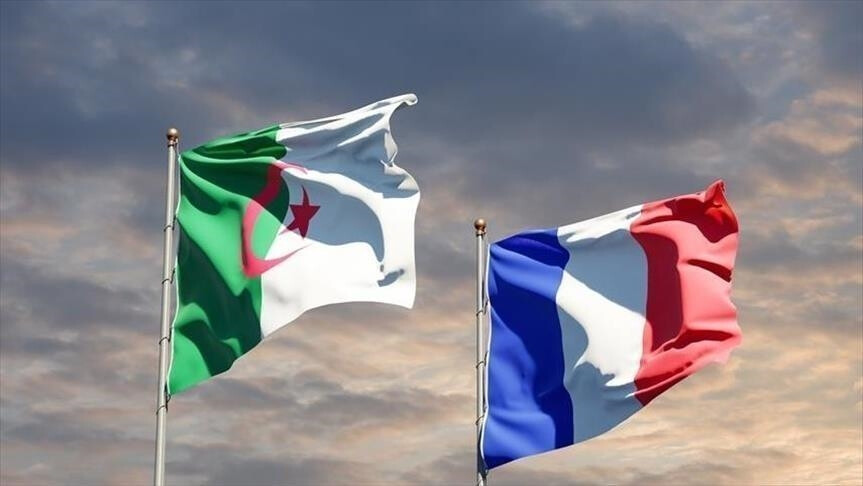
The intricate relationship between France and Algeria remains a complex tapestry woven with threads of reconciliation and discord, as the lingering wounds of colonization continue to shape their diplomatic interactions. The current state of affairs marks one of the lowest points in their relations in recent decades.
Tensions escalated last summer following French President Emmanuel Macron's private discussions with Algerian President Abdelmadjid Tebboune during a G7 summit in Italy. Macron's disclosure of France's intent to officially endorse Morocco's autonomy plan for Western Sahara, a move formalized in October, ignited a diplomatic firestorm. Algeria, a staunch supporter of the Polisario Front's quest for Western Sahara's independence, responded by recalling its ambassador from France indefinitely.
The situation deteriorated further with the arrest of Franco-Algerian author Boualem Sansal at Algiers' Houari Boumediene International Airport. Sansal's detention stemmed from his controversial remarks in an interview with the far-right French media outlet Frontières, where he asserted that western Algeria was historically part of Morocco. This incident underscored the deep-seated historical sensitivities that continue to strain relations.
Adding fuel to the fire, French Interior Minister Bruno Retailleu's crackdown on Algerian influencers in France, accused of making violent threats on TikTok, further exacerbated tensions. Algeria's refusal to accept the forced deportation of one such influencer highlighted the deepening rift between the two nations.
These events have dominated discussions in French media, often characterized by a lack of nuance and historical accuracy. In Algeria, the discourse remains more subdued, reflecting a population accustomed to the cyclical nature of their political relationship with France.
This pattern of fluctuating relations is not new. In 2021, President Macron's comments regarding the pre-1830 existence of the Algerian nation sparked a similar crisis, only to be followed by a period of renewed cooperation symbolized by the "Algiers Declaration."
The enduring question of why France and Algeria struggle to move past their colonial history, unlike the Franco-German reconciliation, remains a poignant one. Despite President Macron's efforts towards reconciliation, including the restitution of Algerian resistance fighters' skulls and the recognition of French state responsibility in historical crimes, these gestures have been met with measured responses in Algeria.
Many Algerians view these actions not as acts of goodwill but as necessary steps to address the legacy of French colonialism. The consensus is that a genuine reconciliation requires more than symbolic gestures. It necessitates a formal acknowledgment of the criminal nature of French colonization, assistance in decontaminating nuclear and biochemical sites, and the restitution of significant cultural artifacts.
The complexities of this historical relationship are further illustrated by the story of Zohra Drif and Danielle Michel-Chich. Drif, a fighter with the FLN, planted a bomb at Algiers' Milk Bar in 1956, an act that deeply affected Michel-Chich, who lost her grandmother in the explosion. Their subsequent interaction highlighted the divergent perspectives on the Algerian revolution, with Michel-Chich viewing it through the lens of personal trauma and Drif seeing it as an inevitable part of a larger struggle against colonial oppression.
Historian Benjamin Stora's estimate of at least five million people in France with direct or indirect ties to Algeria underscores the deeply personal and emotional nature of this relationship. As former French ambassador Xavier Driencourt noted, relations with Algeria are unique for France, intertwining foreign and domestic policy.
The current crisis, therefore, is not just a matter of political disagreement but also a reflection of France's internal struggles with its far-right elements and the need for greater political courage in addressing its colonial past. Until these underlying issues are resolved, the cycle of reconciliation and rupture between France and Algeria is likely to continue.
[Copyright (c) Global Economic Times. All Rights Reserved.]



























